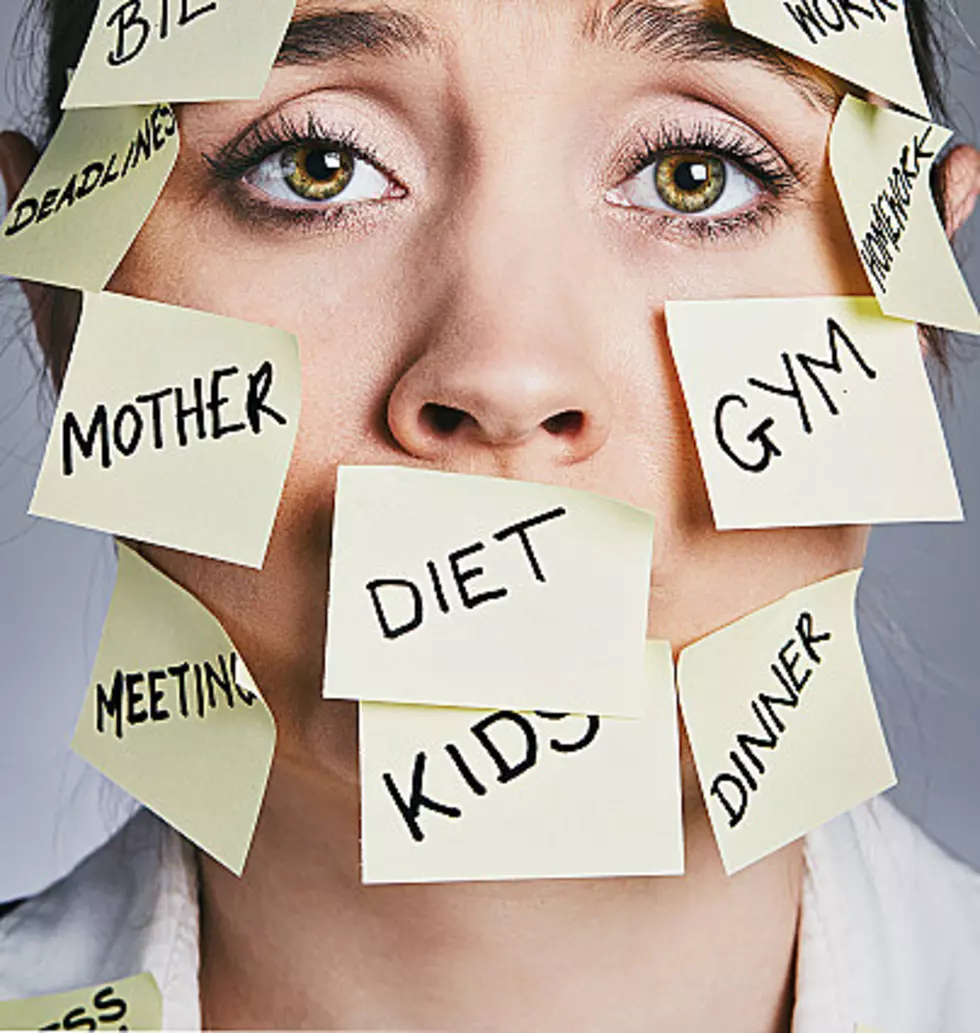
The Work/Life Balancing Act
If life’s got you feeling split at the seams and pulled in a million directions, your mental health could be at risk. With growing awareness of mental health issues, there is a lot more emphasis these days on a work/life balance.
New research shows that one in four people in the world will be affected by a mental health condition at some point in their lives. In some people, chronic stress increases the risk of developing depression. Stress over time can weaken our bodies, leaving us susceptible to infection, and other illnesses and it can even double our chances of a heart attack. Mental Health has emerged at the forefront of medicine today with nearly 44 million American adults suffering from some kind of mental health condition.
What is work-life balance? The answer is in the name. With this multi-tasking “get it all done” mentality, we need to take a breath and find some time for our personal life. In today's competitive and stressful work environment, we need to step back, take a deep breath, and focus on what is really important. Whether it's family, friends, hobbies or fitness, it is important to take time to have some fun and enjoy life.
Creating a plan is crucial. Make it a point to leave work at a reasonable hour to be with your family or just have some free time for yourself.
Be real with your employer. Letting your employer know that your daily grind is getting hectic and out of hand may help you find a solution. Employers will more often than not work with employees through times of stress especially whether caused by workload or outside elements.
While at work it can also be useful to just take a step away from your tasks when it becomes too much. Listening to music, taking your break to go for a walk or doing a simple crossword have all been shown to not only reduce stress but improve productivity.
Not all stress comes from the workplace, so if struggles and stress originate outside the workplace make it a point to unwind and relax. Unplug yourself from tech, put the phone down, shut the laptop and turn off the T.V. Eat healthy foods and get to bed at a reasonable hour to get a good night's sleep.
Finally, when things get to be too much, don't be afraid to turn to the support of family or friends or seek professional help.
More From SoJO 104.9 FM










